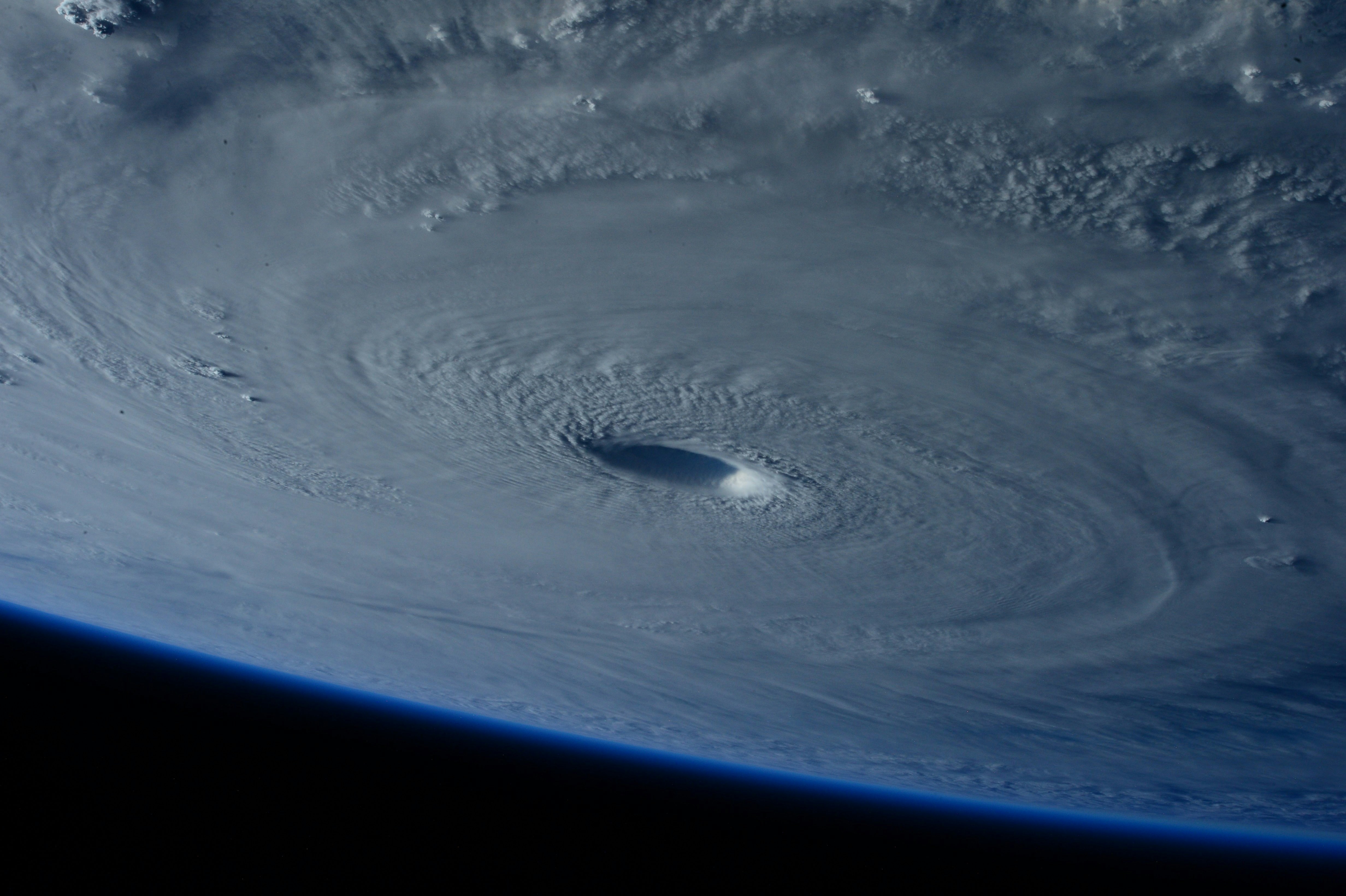The Overlooked Impact of Hurricanes: Mental Health
When hurricanes threaten, it’s natural to focus on physical safety, ensuring we have sufficient supplies, and securing properties. Yet, the mental toll hurricanes take can often be just as devastating. As Florida faces the brunt of these natural disasters, understanding and supporting mental health during hurricane season is vital for both individuals and communities.
Stress and Anxiety: The Silent Storm
The anticipation of a hurricane can trigger a wide range of emotions. Stress, anxiety, and fear often become constant companions, not only as the hurricane approaches but also in its aftermath. It’s common to feel overwhelmed by the unpredictable nature of these storms. This emotional turmoil can affect sleep, cause appetite changes, and impact daily functions.
Building Mental Resilience
Building mental resilience is crucial in the face of such overwhelming anxiety. Engaging in stress-relief techniques like meditation, breathing exercises, and physical activities can help mitigate the emotional impact. Keeping a routine and staying connected with loved ones, whether through digital means or safely in person, can also provide much-needed emotional support.
Post-Hurricane Psychological Challenges
Once the hurricane passes, the psychological impact may persist, sometimes manifesting as post-traumatic stress disorder (PTSD). It’s essential to recognize these signs early and seek support. Counseling and therapy can offer invaluable guidance. Numerous resources are available through local community health centers and online platforms, often coordinated by organizations like HelpNow, which provides vital support during such times.
Community Support Initiatives
Community initiatives play an essential role in addressing mental health concerns. Engaging in community-based activities can provide a sense of belonging and purpose. Participation in rebuilding efforts or volunteering can offer a positive outlet for emotional expression. For instance, joining organizations like the American Red Cross or participating in local support groups can foster emotional recovery.
Access to Mental Health Resources
Access to mental health resources is crucial. Government websites such as FEMA offer comprehensive guidelines on managing stress before and after hurricanes. It’s important for individuals to familiarize themselves with these resources in advance.
The Role of Technology in Mental Health Support
Technology has become an invaluable asset in mental health support, especially during crises. Apps and online platforms provide access to therapy sessions and mental health resources from the comfort of one’s home. Virtual support groups and teletherapy sessions ensure that people can connect with professionals anytime, anywhere, especially when in-person meetings are not feasible.
Preparing for the Mental Health Impact
Preparation is key to managing mental health during hurricane season. Creating a mental health action plan can be as crucial as preparing an emergency kit. This plan could include having a list of contact numbers for mental health professionals, knowing the locations of community centers offering support, and having a personal list of calming activities.
Building Awareness and Reducing Stigma
Awareness and education about the importance of mental health support during hurricanes are necessary. Reducing the stigma associated with seeking help encourages more individuals to take steps towards maintaining mental wellness. Educational programs in schools and workplaces can promote understanding and support for those impacted mentally by hurricanes.
HelpNow: Supporting Mental Health Through Training
Organizations like HelpNow offer crucial training and resources to enhance mental wellness during disasters. Through workshops on stress management and community-building activities, individuals and corporations can better prepare for the emotional impacts of hurricanes. Visit our courses to learn more about programs tailored to support mental resilience.
Conclusion
As Florida continues to face recurring hurricane threats, understanding the mental health challenges they pose is essential. With the right strategies and resources, individuals can navigate the emotional storms hurricanes bring. By prioritizing mental health alongside physical preparedness, communities can emerge stronger and more resilient.

